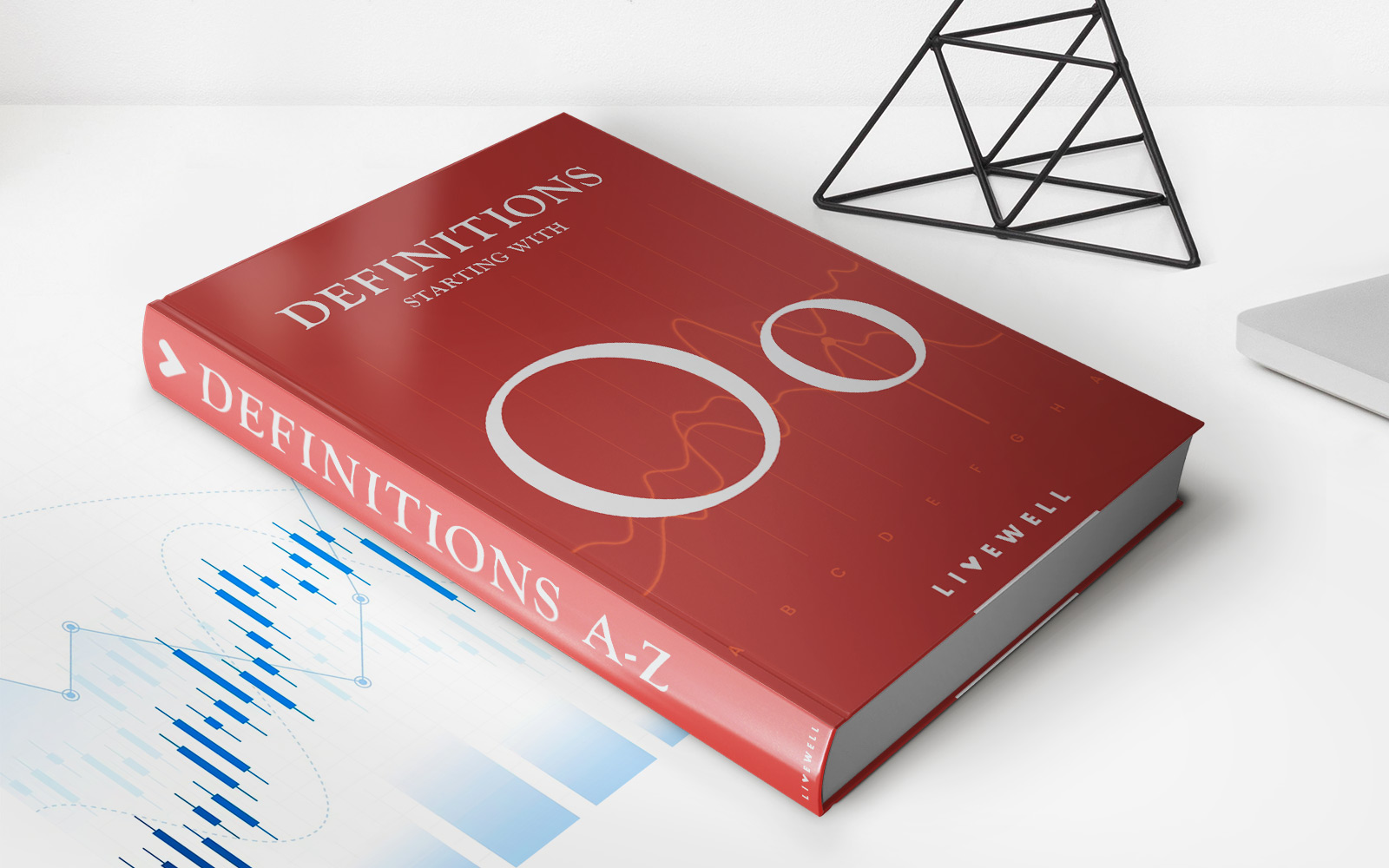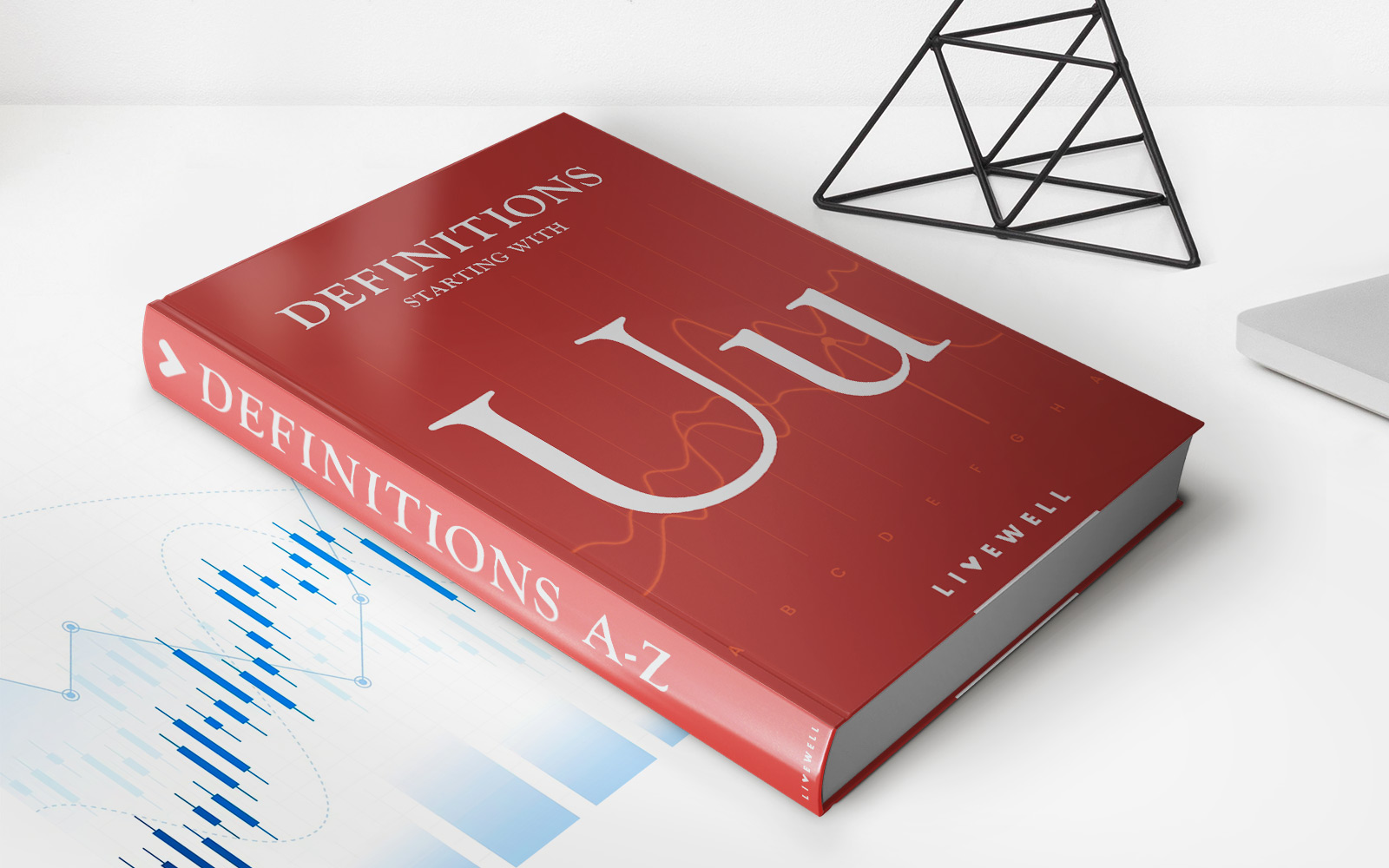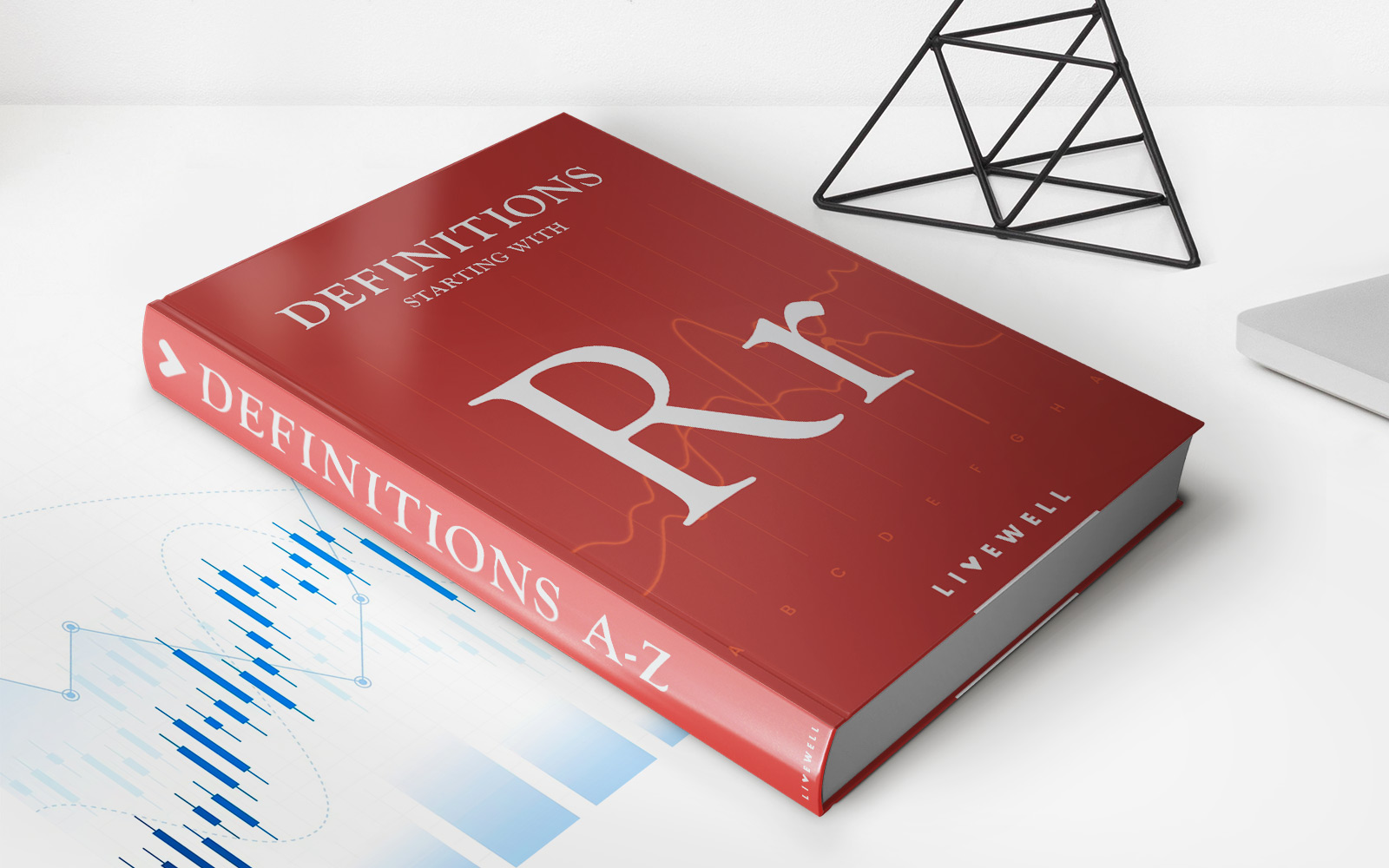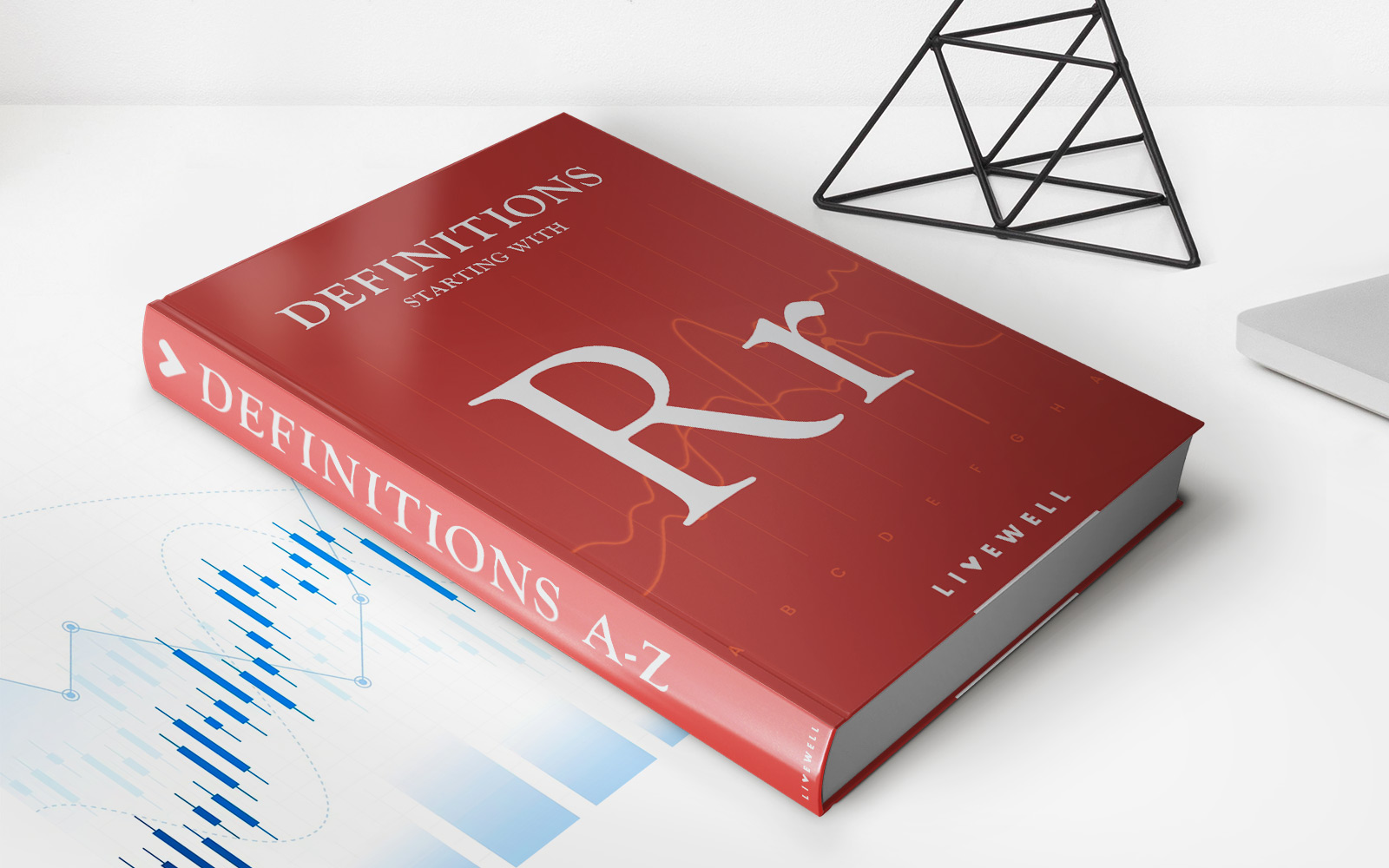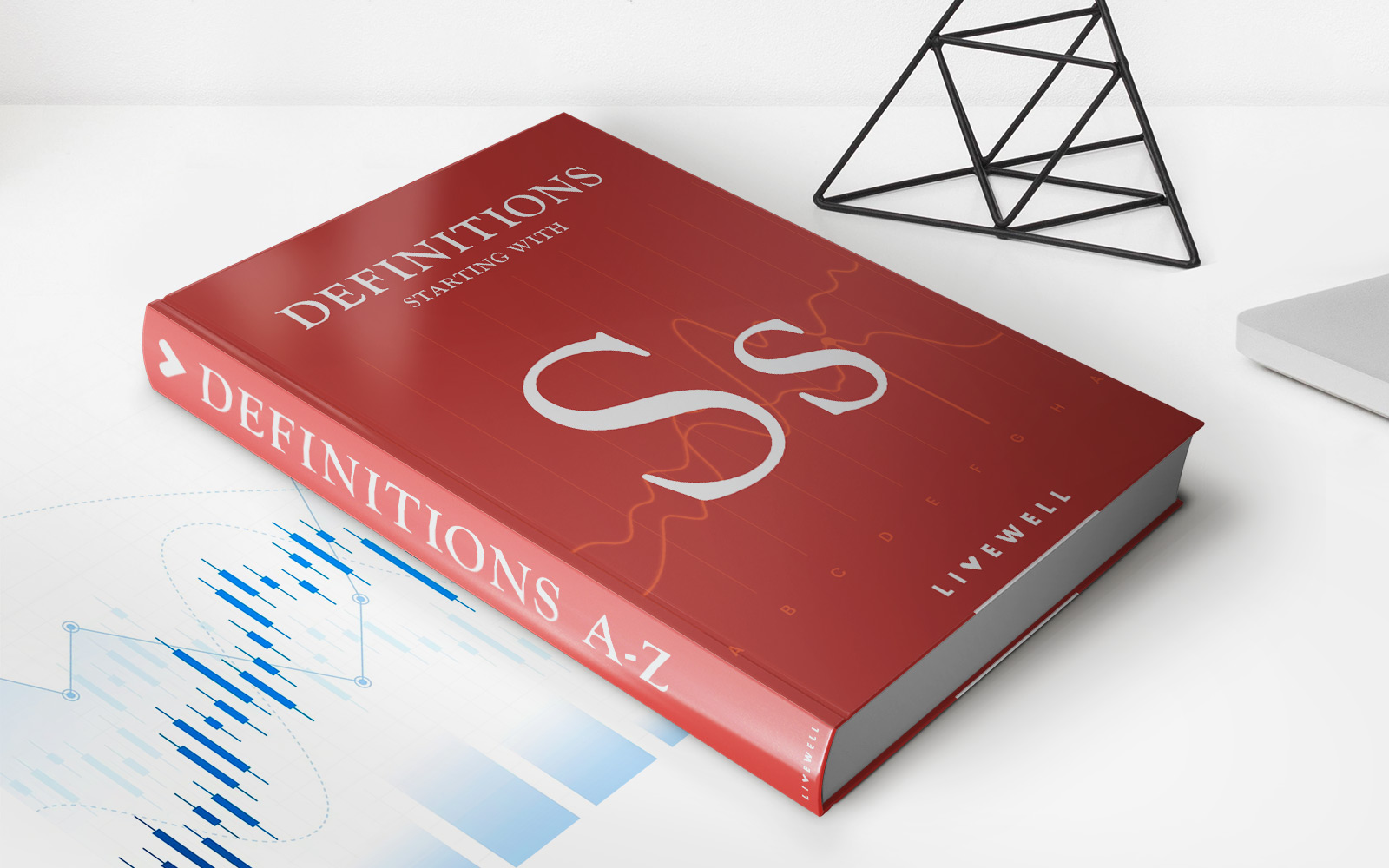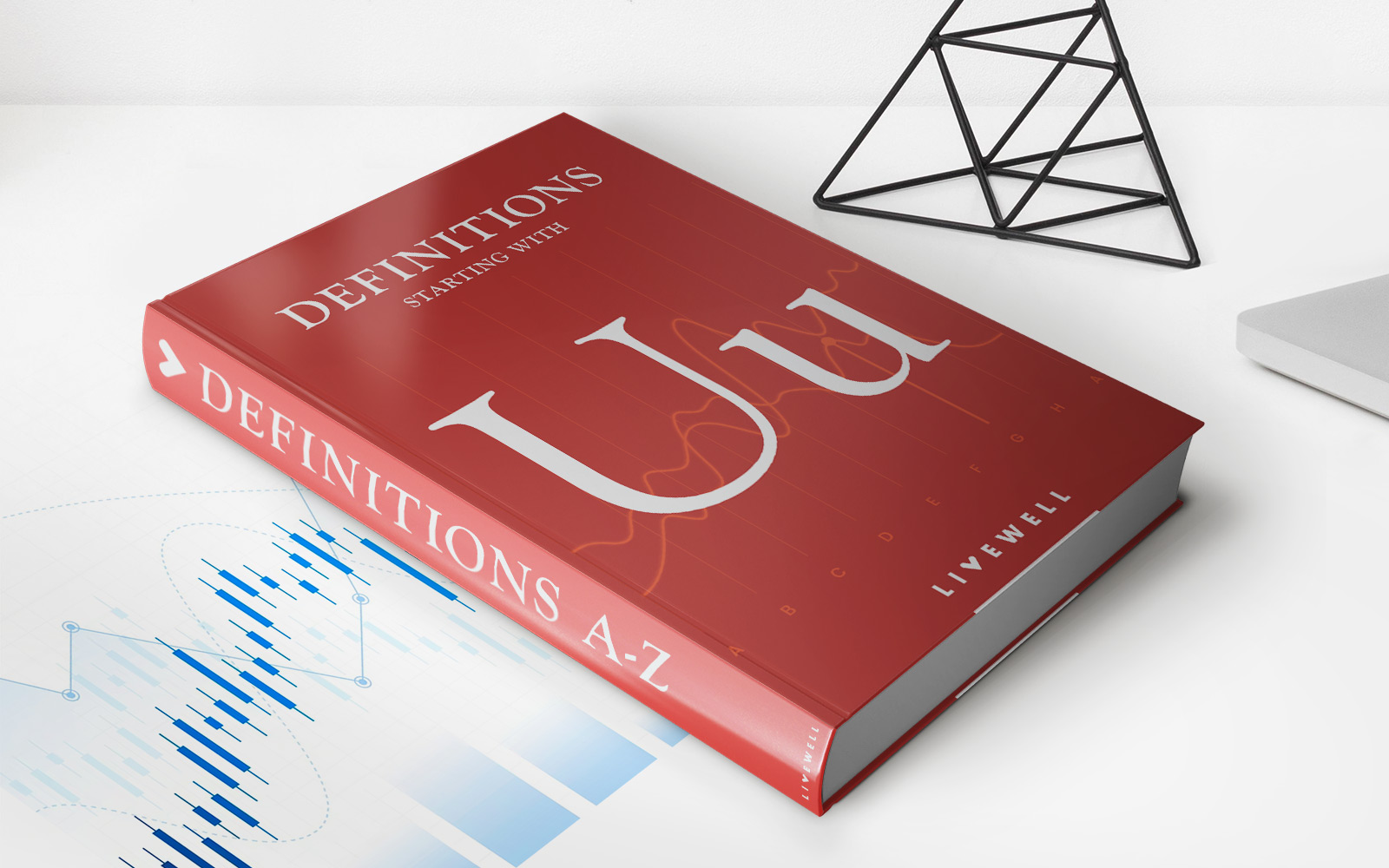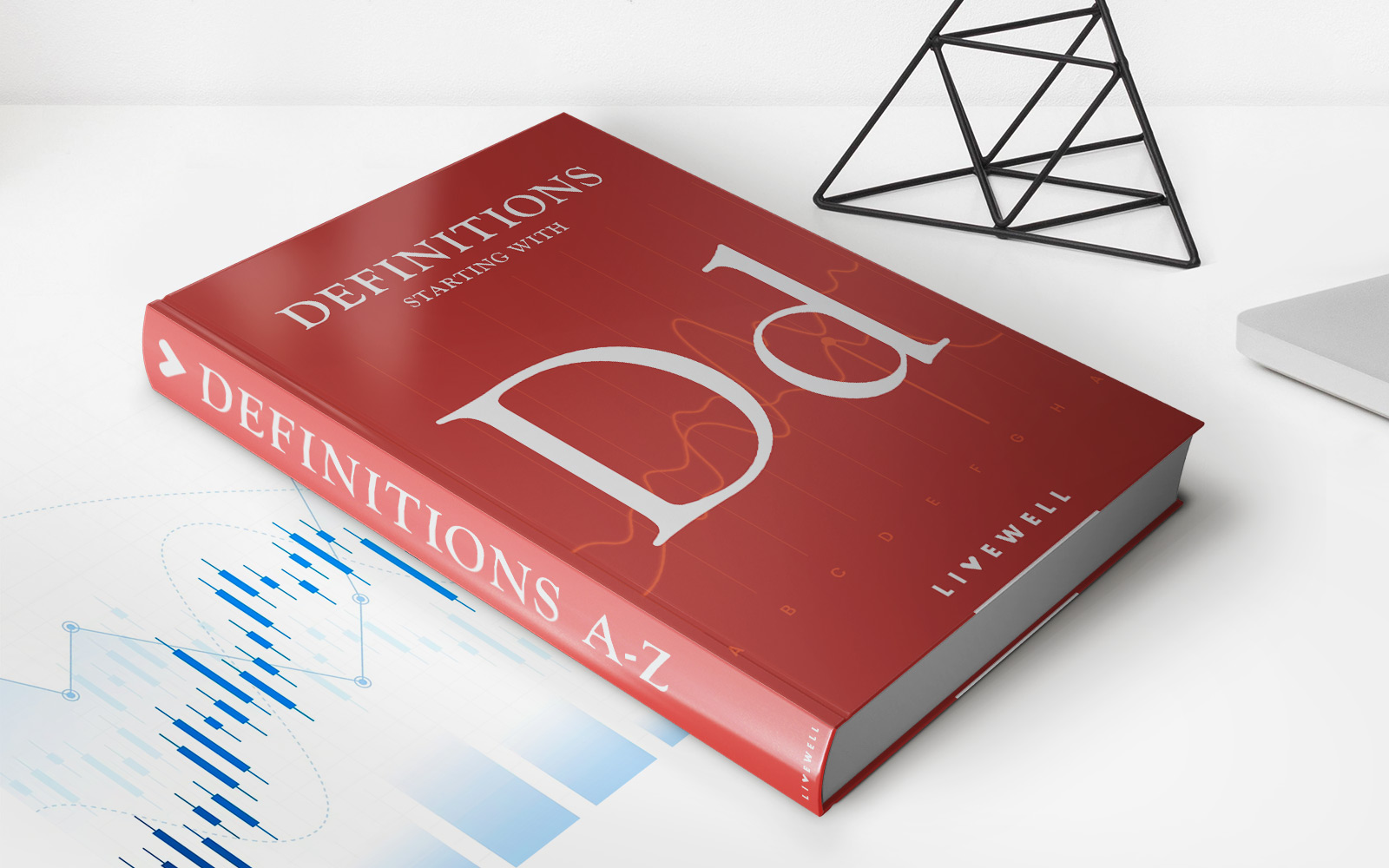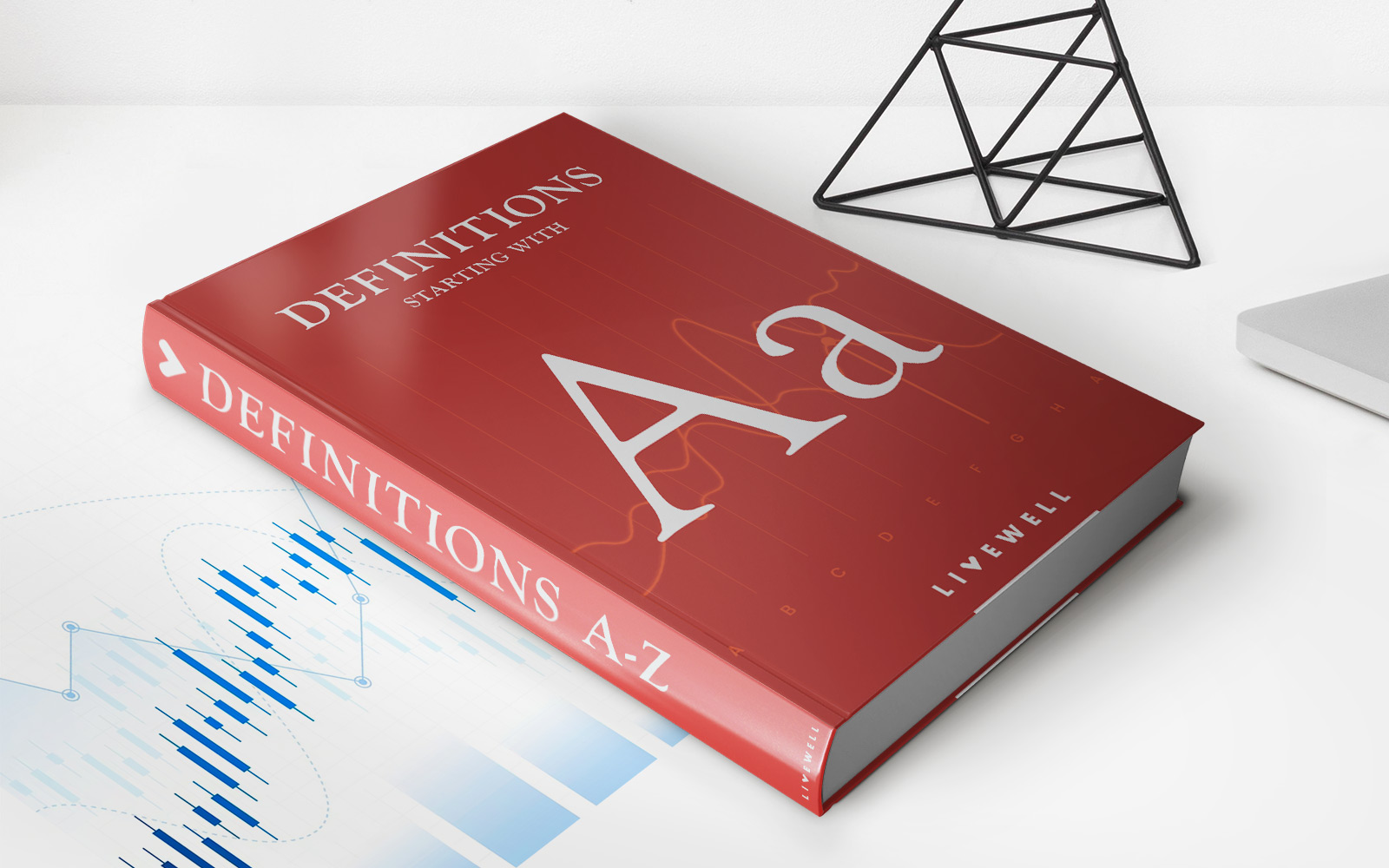Home>Finance>What Is The Housing Bubble? Definition, Causes And Recent Example


Finance
What Is The Housing Bubble? Definition, Causes And Recent Example
Published: December 6, 2023
Learn what the housing bubble is, why it occurs, and explore a recent example in the finance industry. Understand the causes and implications of this phenomenon.
(Many of the links in this article redirect to a specific reviewed product. Your purchase of these products through affiliate links helps to generate commission for LiveWell, at no extra cost. Learn more)
Understanding the Housing Bubble:
Have you ever wondered what caused the 2008 financial crisis? The answer lies in a phenomenon known as the housing bubble. In this article, we will explore the definition of a housing bubble, the causes behind it, and provide a recent example to shed light on this important financial concept.
Key Takeaways:
- A housing bubble occurs when housing prices become overinflated due to speculation and unsustainable demand.
- The bursting of a housing bubble can have severe consequences on the economy, as witnessed during the 2008 financial crisis.
Definition:
A housing bubble refers to a period of rapid and unsustainable increase in housing prices, driven by speculative investing rather than by the fundamentals of supply and demand. Essentially, it is a situation in which the market value of real estate assets far exceeds their intrinsic or fundamental value.
During a housing bubble, the demand for housing increases significantly, which leads to higher prices. This increased demand may occur due to factors such as easy access to credit, low interest rates, or even psychological factors like the belief that housing prices will continue to rise indefinitely.
Causes:
Several factors contribute to the formation of a housing bubble. Here are some common causes:
- Speculative Behavior: Speculators, both individual investors and institutions, enter the market to profit from rising housing prices. This speculation drives demand and further increases prices.
- Easy Access to Credit: Loose lending standards and low-interest rates make it easier for people to obtain mortgages, increasing the number of potential homebuyers.
- Overconfidence: During a housing bubble, there is often a sense of overconfidence and optimism among buyers and investors, leading them to believe that housing prices will continue to rise indefinitely.
- Lack of Regulation: Weak or inadequate regulations in the housing and financial markets can contribute to the formation and expansion of a housing bubble.
Recent Example:
An example of a housing bubble can be seen in the United States leading up to the 2008 financial crisis. In the years prior to the crisis, there was a surge in housing prices, fueled by a combination of speculative investing, lax lending practices, and low-interest rates. As a result, many individuals took on mortgages they could not afford, and the market became saturated with risky loans.
However, as the demand for housing began to decline, the bubble burst, and housing prices plummeted. This collapse had far-reaching effects, leading to the collapse of major financial institutions, a severe recession, and a global financial crisis.
Conclusion:
A housing bubble is a concerning phenomenon that can have severe consequences on the economy. Understanding what causes a housing bubble is essential to identify warning signs and take necessary precautions. By learning from past examples, we can strive for a more sustainable and stable housing market in the future.
